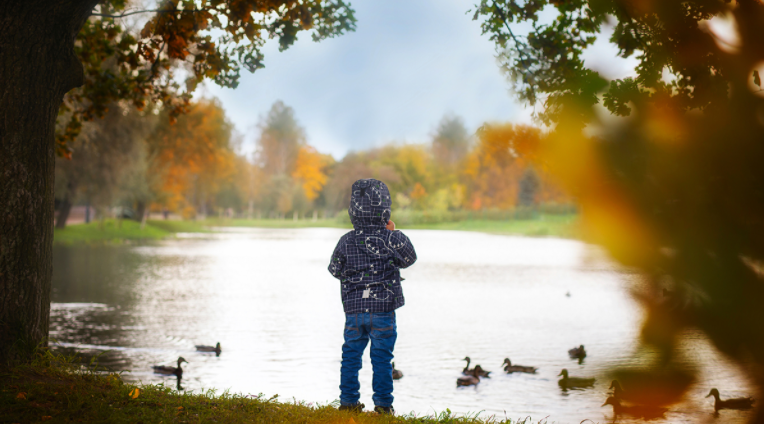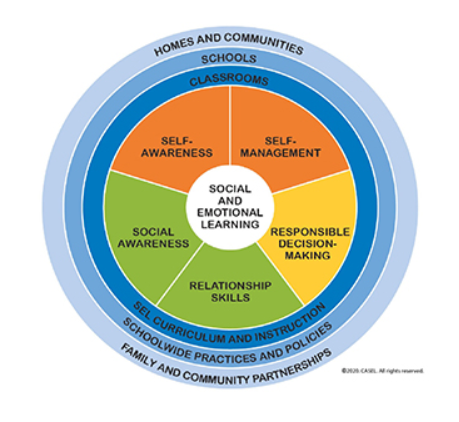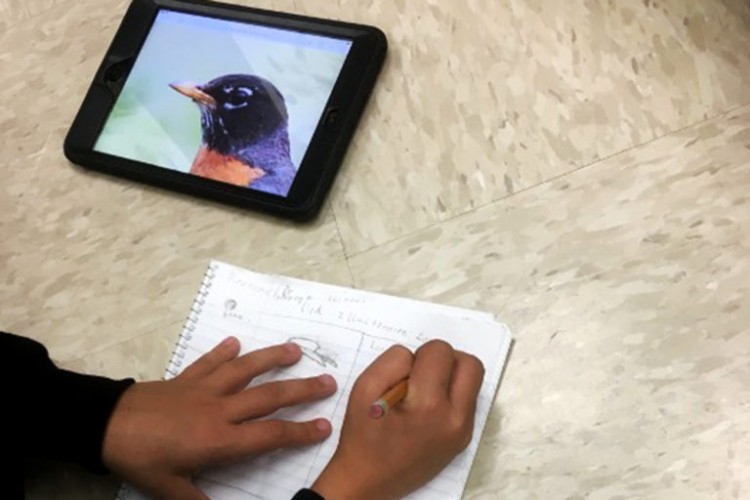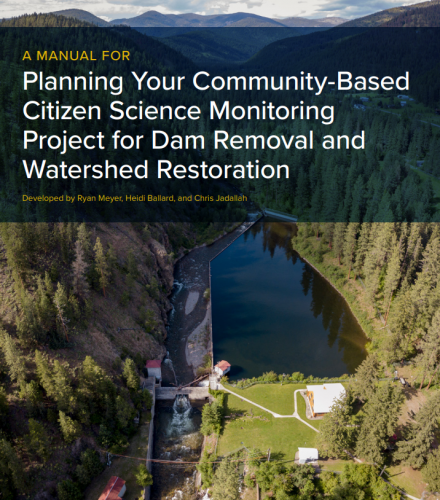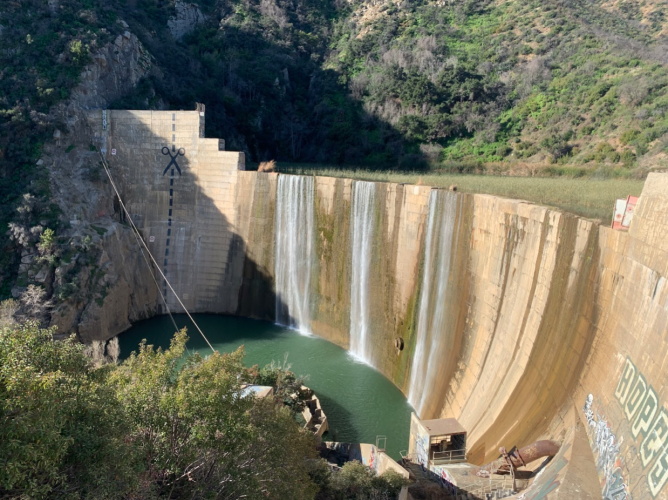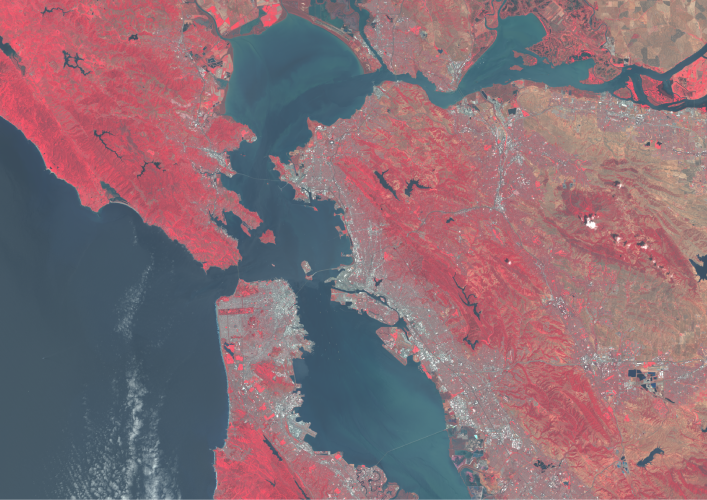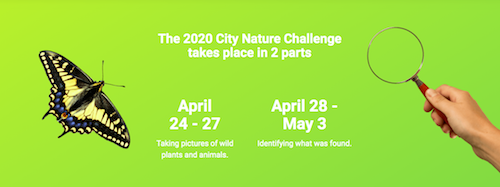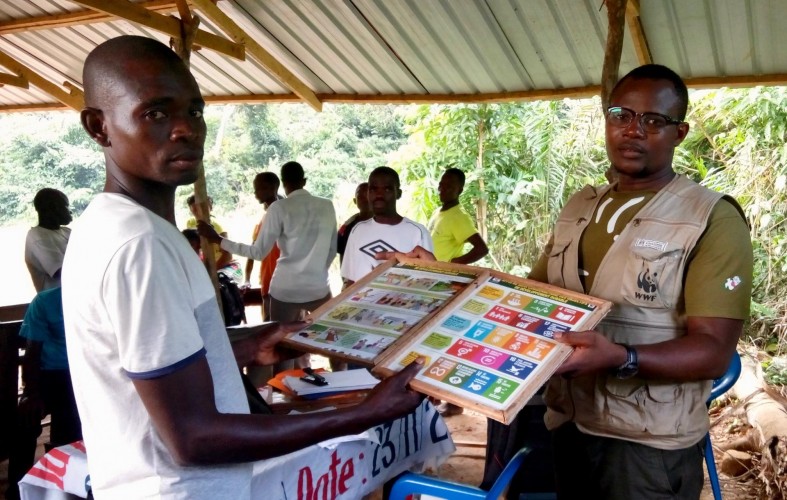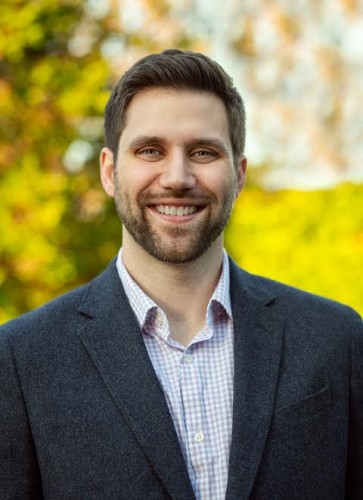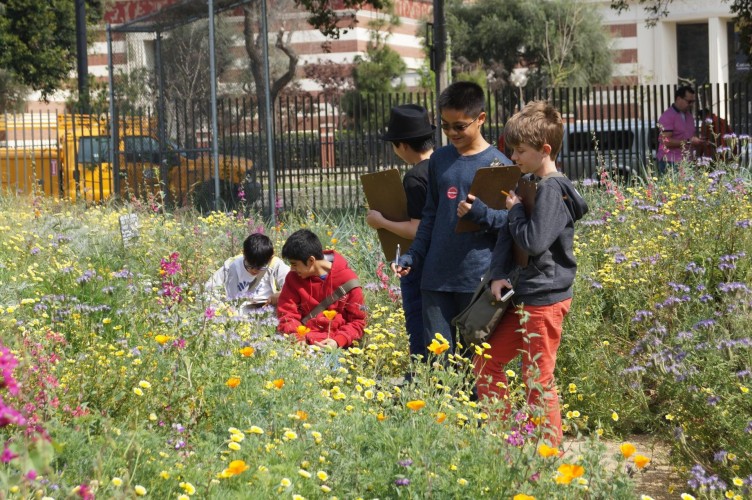Center for Community & Citizen Science Blog
Professional Learning Opportunity: Get Back Time By Forefronting Science
April 20, 2021
This workshop highlighted ways in which elementary teachers can plan for science even with limited time for student contact by forefronting science within integrated lessons. We explored the Environmental Principles and Concepts (EP&Cs) and look at ways the EP&Cs have been integrated into other content area frameworks. Participants left with a co-designed grade level resource to allow for integrated unit planning that places science at the core.
How to teach an experiential field course online
This post was developed by Laci Gerhart-Barley, Christopher Jadallah, Sarah Angulo, and Greg Ira, who have recently published a paper about their work adapting an experiential field course (with significant citizen science components) to an online setting during Covid-19. You can access the paper, published in Ecology and Evolution, here
Birds Near and Far – Students investigate local environmental phenomena on campus and at a local pond
Article by: Erin Bridges Bird, Peggy Harte, and Heidi L. Ballard (Originally Posted on NSTA)
Original Article on NSTA: https://www.nsta.org/science-and-children/science-and-children-septemberoctober-2020/birds-near-and-far
Science and Children—September/October 2020 (Volume 58, Issue 1)
USING CITIZEN SCIENCE TO SUPPORT SOCIAL AND EMOTIONAL LEARNING NEEDS DURING COVID-19 TO ENGAGE STUDENTS AND CAREGIVERS
Article by Peggy Harte M.ed. on Classroom Science
Using Environmental Literacy as the Through Line, All Standards All Students: A Focus on Equity and Access
Environmental Literacy, Environmental Principles & Concepts, Next Generation Science Standards, Incremental Infusion
Using Environmental Literacy as the Through Line, All Standards All Students: A Focus on Equity and Access
BY MARGARET (PEGGY) HARTE, MED|NOVEMBER 17, 2020
Environmental Literacy, Environmental Principles & Concepts, Next Generation Science Standards, Incremental Infusion
Resources for Citizen Science Project Planning
We are excited to share three resources use in developing or evolving citizen science projects. While their focus is on dam removal and watershed restoration, much of this material could be useful for a wide range of contexts and problem areas related to conservation and natural resource management.
Photo Essay: Community-Based Monitoring and the Matilija Dam
Our Specific Commitments to Anti-Racism
July 2020
In early June, 2020, the Center for Community and Citizen Science acknowledged that while some of our ongoing work is explicitly oriented toward equity and social justice, we have also failed to advance equity and justice through the entirety of our work, particularly in the context of academia, which is inextricably linked to historical and ongoing marginalization of BIPOC. We have an obligation to examine our own work, our own everyday actions, and our institutional context, and identify ways that these perpetuate racism.
Did Covid-19 make the “City Nature Challenge” less green?
For his capstone project in the Wild Davis course, taught by CCS Faculty Fellow Laci Gerhart, Nicholas Monty explored spatial shifts in City Nature Challenge observation patterns between 2019 and 2020, using remote sensing measurements of relative “greenness.” We’re happy to share his fascinating approach here. Thank you Nicholas!
Working Toward Racial Justice
June 11, 2020
We at the Center for Community and Citizen Science are horrified and saddened by the most recent iterations of anti-Blackness and systemic racism in our society, our communities, and our institutions. While the events of recent weeks have laid bare their consequences, these systems have always existed in the United States. The murders of George Floyd, Nina Pop, Tony McDade, Breonna Taylor, and Ahmaud Arbery are only recent examples, among countless others, of Black people suffering under a centuries-old system of white supremacy.
Supporting Scientific Discovery at Home
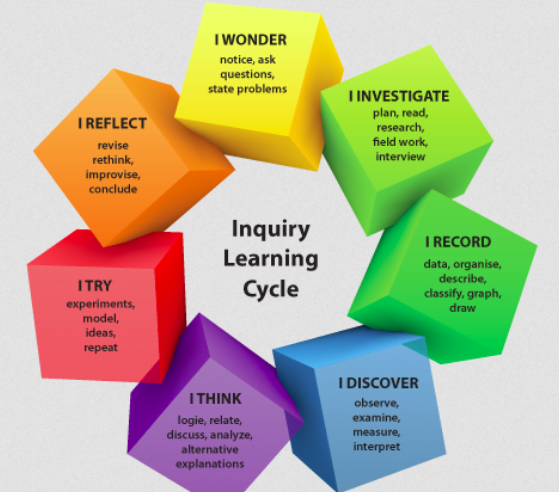 With schools currently closed,
parents face the daunting task of engaging their children in
learning at home. To meet this challenge, our center’s Innovator
Fellow, Peggy Harte, created the “Supporting
Scientific Discovery at Home a Parent’s Guide” to assist
parents in encouraging children to think deeply to explore and
discover the world.
With schools currently closed,
parents face the daunting task of engaging their children in
learning at home. To meet this challenge, our center’s Innovator
Fellow, Peggy Harte, created the “Supporting
Scientific Discovery at Home a Parent’s Guide” to assist
parents in encouraging children to think deeply to explore and
discover the world.
This Friday: 2020 City Nature Challenge!
“This year we want to celebrate life
where life is challenged.”
- Jaime González
City Nature Challenge & COVID-19
The global challenge… fought locally
2020’s City Nature Challenge has been modified to keep organizers and participants safe during the COVID-19 pandemic. Rather than the typical competition, this year’s CNC is focusing on collaboration and spending restorative time in nature. You can still document biodiversity safely, although it may require some extra creativity or staying in your home.
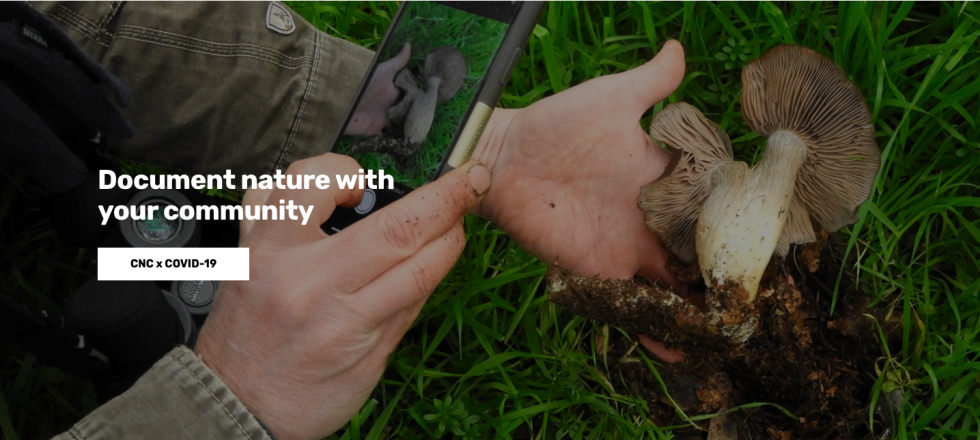 The 2020 City Nature Challenge
takes place in two parts —
The 2020 City Nature Challenge
takes place in two parts —
- April 24 – 27: Taking pictures of wild plants and animals.
- April 28 – May 3: Identifying what was found.
Outside Wonder Lab
Engaging in citizen science at home
Schools may be closed, but the citizen science fun can continue! For example our CCS Innovator Fellow, Peggy Harte has initiated the Outside Wonder Lab Project to help families learn about their backyards and nearby open spaces while practicing responsible social distancing.
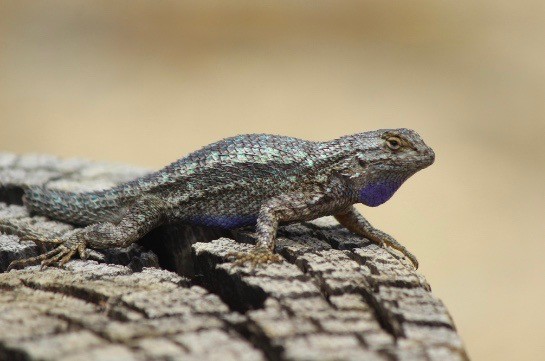 Join your county’s Outside Wonder
Lab Project (all listed
here) on iNaturalist to discover the creatures that have been
sharing your space. Take the first step by going out into your
yard, then start observing. Using iNaturalist you can
capture pictures of your observations, identify the species you
have discovered, and share your findings. Even if we are all
physically apart, this project provides an opportunity to learn
from each other while contributing to a global database that
scientists can use to better understand and protect
nature. In the past few days, our Yolo
County community has sighted Western Fence Lizards, Sierran
treefrogs, American Avocets, and over 2000 other species!
Join your county’s Outside Wonder
Lab Project (all listed
here) on iNaturalist to discover the creatures that have been
sharing your space. Take the first step by going out into your
yard, then start observing. Using iNaturalist you can
capture pictures of your observations, identify the species you
have discovered, and share your findings. Even if we are all
physically apart, this project provides an opportunity to learn
from each other while contributing to a global database that
scientists can use to better understand and protect
nature. In the past few days, our Yolo
County community has sighted Western Fence Lizards, Sierran
treefrogs, American Avocets, and over 2000 other species!
New Video: Gardens & Citizen Science Project in Woodland Elementary Schools
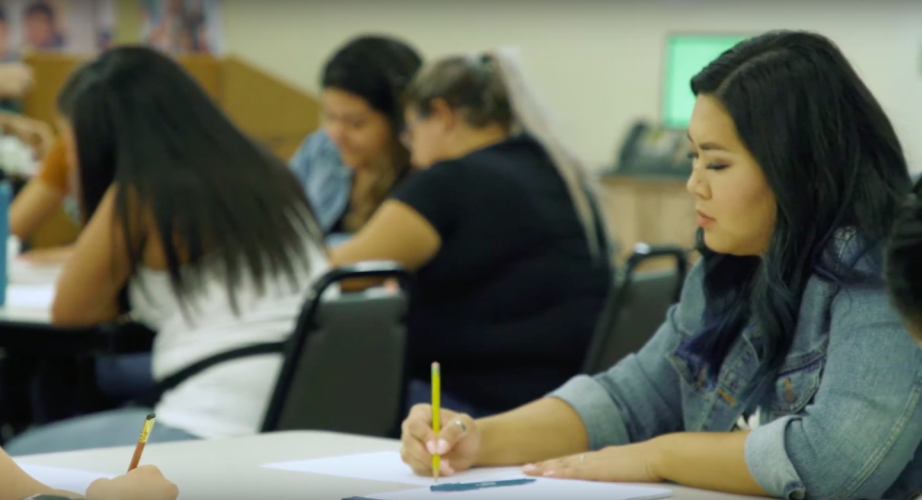 The Center for Community and Citizen Science is
happy to share this new video, produced by our partner Yolo
County Office of Education, describing our collective work on
citizen science in school gardens. The video introduces our
ongoing Gardens & Citizen Science Project, and profiles the work
teachers are doing to implement citizen science school gardens,
in Woodland, California! Check out the video here.
The Center for Community and Citizen Science is
happy to share this new video, produced by our partner Yolo
County Office of Education, describing our collective work on
citizen science in school gardens. The video introduces our
ongoing Gardens & Citizen Science Project, and profiles the work
teachers are doing to implement citizen science school gardens,
in Woodland, California! Check out the video here.
Global Collabinar: Community-based SDGs Monitoring in DR Congo
March 2, 2020
WELCOME Michael Dobbins !
New Publication: For Science and Self
Youth Interactions with Data in Citizen and Community Science
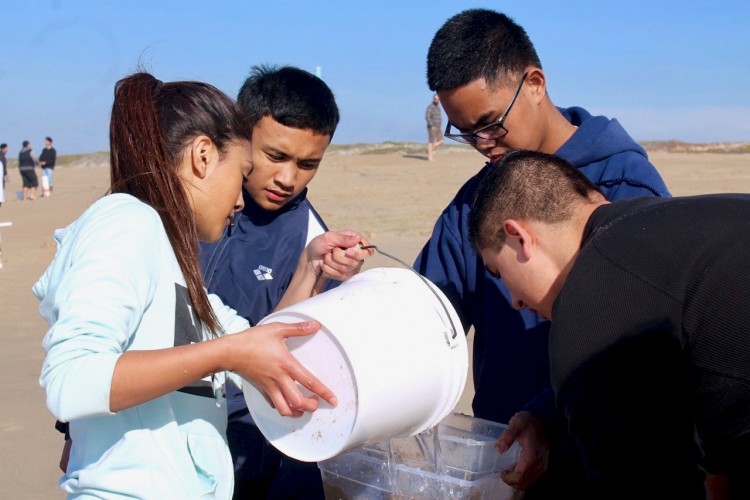 Faculty director Heidi Ballard and
postdoctoral scholar Erin Bird were recently published in the
Journal of the Learning Sciences, in collaboration with UC
Davis alumni Emily Harris and Colin Dixon.
For Science and Self: Youth Interactions with Data in Community
and Citizen Science details how youth interact with and
discuss their data by analyzing eight school- and community-based
project sites. In doing so, the authors were able to document
opportunities for agentive learning with data in youth-focused
community and citizen science (YCCS). Their results, “shed light
on when and how conditions for expansive learning and agency get
established.”
Faculty director Heidi Ballard and
postdoctoral scholar Erin Bird were recently published in the
Journal of the Learning Sciences, in collaboration with UC
Davis alumni Emily Harris and Colin Dixon.
For Science and Self: Youth Interactions with Data in Community
and Citizen Science details how youth interact with and
discuss their data by analyzing eight school- and community-based
project sites. In doing so, the authors were able to document
opportunities for agentive learning with data in youth-focused
community and citizen science (YCCS). Their results, “shed light
on when and how conditions for expansive learning and agency get
established.”
Collabinar: Data Quality and Citizen Science
February 18, 2020
Data Quality and Citizen Science: Critically analyzing data stories and gaps
Tuesday, February 18, 2020
11:00 AM – 1:00 PM PST
1460 Drew Avenue, Davis, CA, 95616
New paper: Young Volunteers & Online Participation in Zooniverse
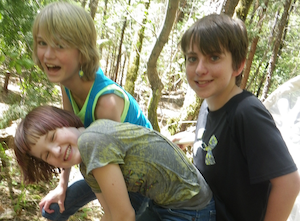 Appearing in the most recent
issue of Citizen Science: Theory and Practice, “What
Do We Know About Young Volunteers? An Exploratory Study of
Participation in Zooniverse” examines how youth, mainly 16–19
years old, participate in online citizen science projects. The
co-authors include Heidi Ballard, the Center’s Faculty Director,
and other colleagues collaborating on the LEARN CitSci project, funded jointly by
the National Science Foundation and the Wellcome Trust.
Appearing in the most recent
issue of Citizen Science: Theory and Practice, “What
Do We Know About Young Volunteers? An Exploratory Study of
Participation in Zooniverse” examines how youth, mainly 16–19
years old, participate in online citizen science projects. The
co-authors include Heidi Ballard, the Center’s Faculty Director,
and other colleagues collaborating on the LEARN CitSci project, funded jointly by
the National Science Foundation and the Wellcome Trust.





